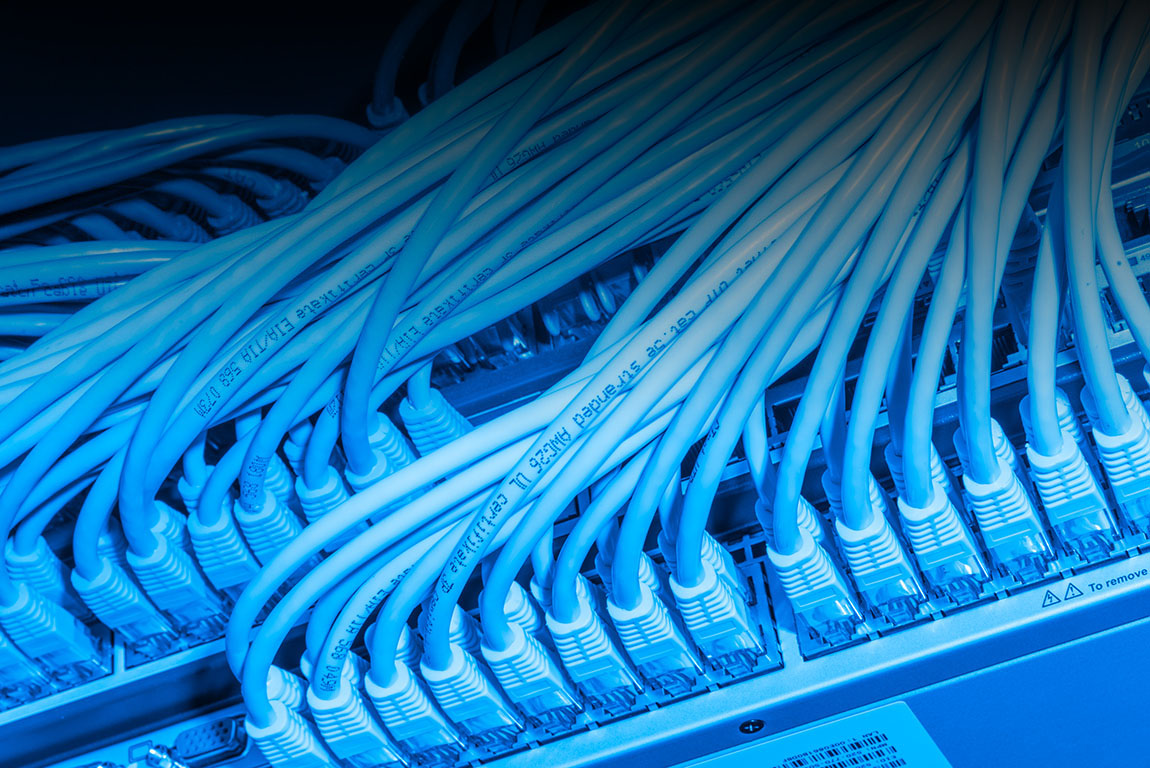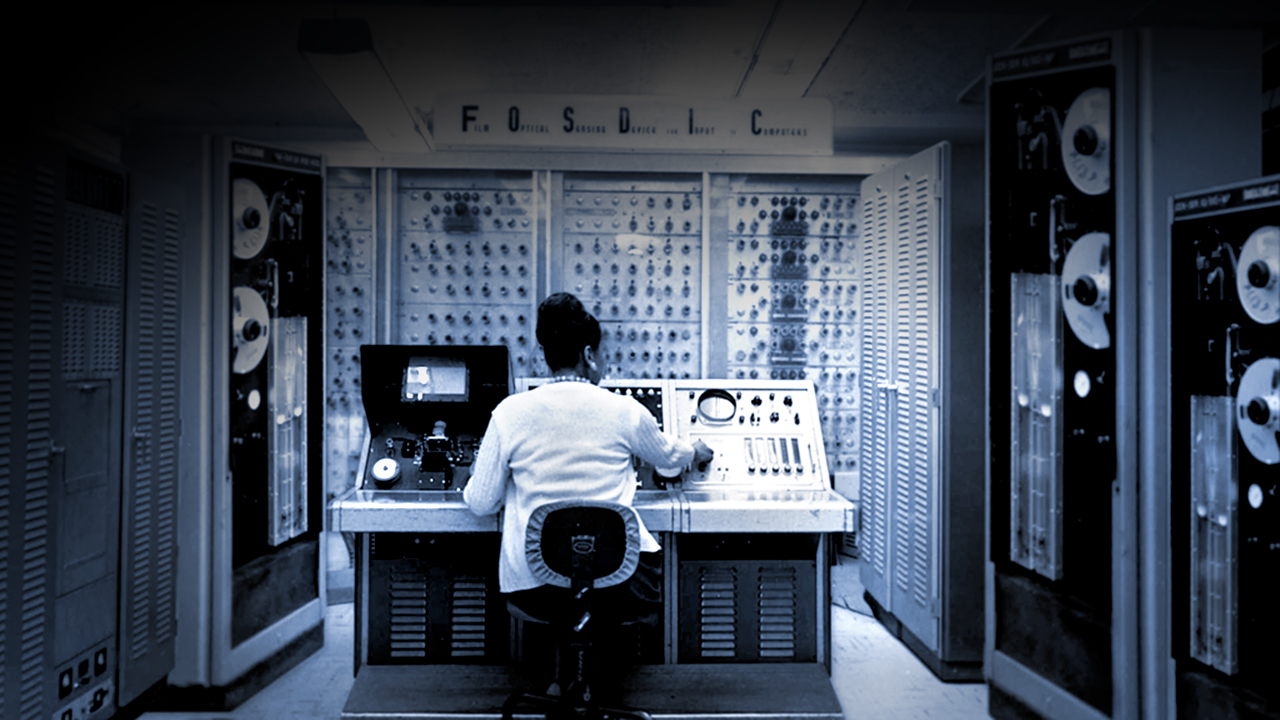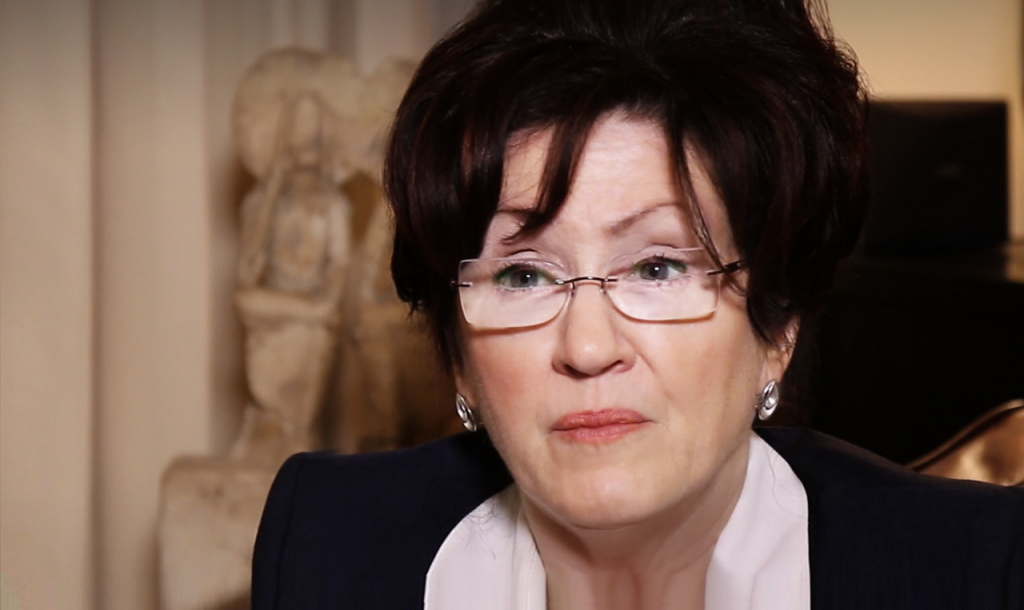The human mind seeks out stories to help explain our emotions and behaviors, but sometimes we focus on false causes when the reason lies elsewhere. Technology is an easy target due to its ubiquity in our lives, and for those who cannot appreciate or understand emerging environments its easy to dismiss their potential by focusing on some of the problems that perhaps they were meant to address.
More people are lonely. People are using more and more technology. These things must be symptomatic, right? As Dr. Sue Johnson, psychologist and author of “Love Sense,” explains, research has shown that we are getting lonelier and lonelier. But what is the cause of this mass loneliness? Many people would like to have us believe that technology is the culprit.
The human mind seeks out explanations for why things are the way they are, to help explain our emotions and our behavior, but sometimes we focus on false causes when the reason lies elsewhere. Technology is an easy target due to its ubiquity in our lives, and for those who cannot appreciate or understand emerging environments its easy to dismiss their potential by focusing on some of the problems that perhaps they were meant to address.
We see people staring solitarily into screens and assume these devices are disconnecting them from the world around them. But what if they’re already disconnected? And what if the promise of that device is connection?
It’s complicated, isn’t it?
As Microsoft researcher danah boyd points out, technology may not be the cause of this loneliness. In fact, we’re turning to technology to fill a void in our lives, or as she puts it, to “fill in gaps that were created by other social factors.”
Sue Johnson has recognized the pandemic of loneliness that seems to plague modern society, and danah boyd is quick to point out that contrary to popular wisdom, technology is not the source of this malaise. What if the control and power the technology affords, denies young people the freedom to roam and socialize on their terms, and thus while they do use the tools to adapt, actual human contact and intimacy becomes increasingly difficult.
Does too much screen time erode our capacity for empathy and thereby our ability to connect and be intimate with other humans? Or do we spend the time on the screen developing greater opportunities and reasons for empathy in our search for other humans to be friends with?
Perhaps were only halfway through this social transformation in which the technology can make it easier for us to connect, only we lack the culture to properly support and nurture our friendships. We need to recognize that FOMO, or fear of missing out, is a consequence of not being included, of not making an effort to reach out to friends beyond what the technology automatically enables.
Thus we can’t blame the tools, we can’t blame the tech, we need to take the responsibility to be better friends and reach out to those in our communities who could use the support and friendship that all humans deserve.














